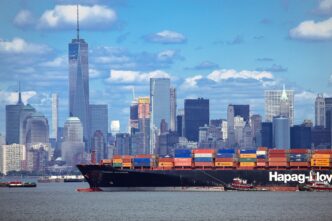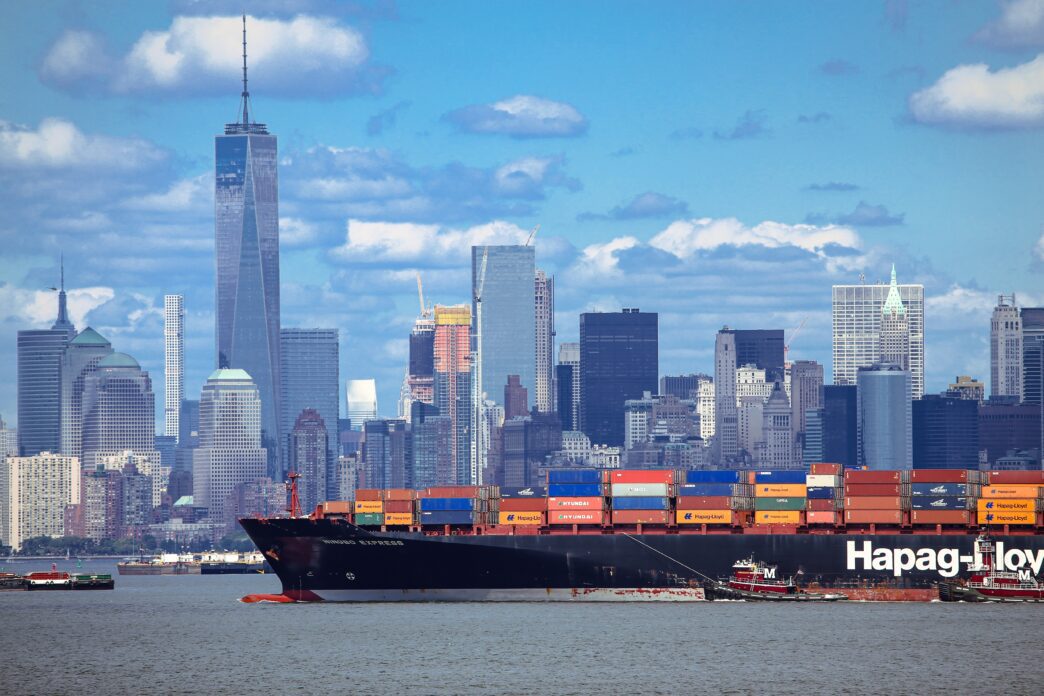Executive Summary
The Story So Far
Why This Matters
Who Thinks What?
Chinese Vice Premier He Lifeng met with representatives from the National Committee on U.S.-China Relations (NCUSCR) in Beijing on Wednesday, urging both nations to work towards the stable development of bilateral economic and trade relations. The discussions, held with NCUSCR executive vice chair Evan Greenberg and president Stephen Orlins, focused on strengthening cooperation and managing differences between the two major economies.
Calls for Stable Economic Ties
He Lifeng, who is also a member of the Political Bureau of the Communist Party of China Central Committee, underscored the broad potential for economic and trade collaboration between China and the United States. He called for upholding and implementing the important consensus and outcomes reached during the Busan meeting between the two heads of state, emphasizing their role in guiding future bilateral engagements.
The Chinese Vice Premier expressed hope that the NCUSCR would contribute further to promoting friendly cooperation between the two countries. He highlighted the necessity for both sides to work in the same direction to ensure predictable and constructive economic interactions.
Bridging Role Emphasized
The U.S. delegation acknowledged the critical importance of maintaining stability in U.S.-China relations. They expressed the NCUSCR’s readiness to act as a bridging mechanism, facilitating deeper exchange and cooperation between the two nations.
Outlook on Bilateral Relations
The meeting highlights ongoing efforts from both sides to navigate complex economic ties and foster a more predictable environment for trade and investment. Such high-level dialogues remain crucial for addressing shared challenges and leveraging opportunities in the global economy.








